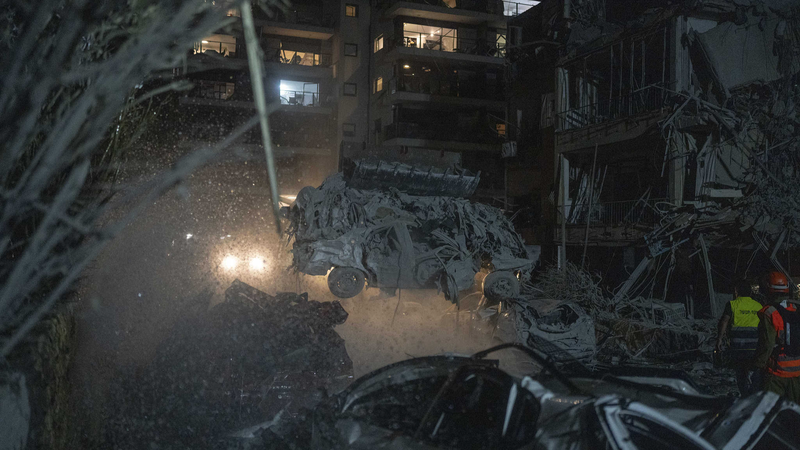As dusk fell on Friday, Iran unleashed a barrage of missiles at Israel, rattling air raid sirens across Jerusalem and Tel Aviv. This heavy retaliation followed Israel's largest-ever airstrike on Iran's nuclear and military compounds, an attack that reportedly killed several top generals.
According to the Israel Defense Forces, Iran launched under 100 missiles in two salvos. Advanced air-defense systems, including Iron Dome with U.S. support, intercepted most threats, but a handful penetrated defenses.
In Ramat Gan, a suburb east of Tel Aviv, an apartment block was struck, leaving multiple floors damaged and residents rushing into streets. A building in central Tel Aviv also took a direct hit, prompting firefighters to rescue people trapped by smoke and debris.
Local health services reported that 34 people sustained injuries across the Gush Dan metropolitan area, with one woman later succumbing to her wounds. Hospitals remain on high alert as teams tend to the wounded.
In Tehran, explosions and plumes of smoke engulfed Mehrabad Airport shortly after Iran activated its air-defense network. State media confirmed blasts in the capital as authorities scrambled to contain fires.
Analysts warn this tit-for-tat could spiral into a broader regional clash. While Iran's proxies in Gaza and Lebanon have been weakened by recent operations, any new escalation may draw in additional actors and disrupt global markets.
What's next?
- Diplomacy: International calls for de-escalation grow louder.
- Defenses: Israel and Iran remain on high alert for further strikes.
- Civilians: Aid groups monitor the humanitarian impact in both nations.
Reference(s):
Israel, Iran exchange missile strikes as conflict intensifies
cgtn.com



